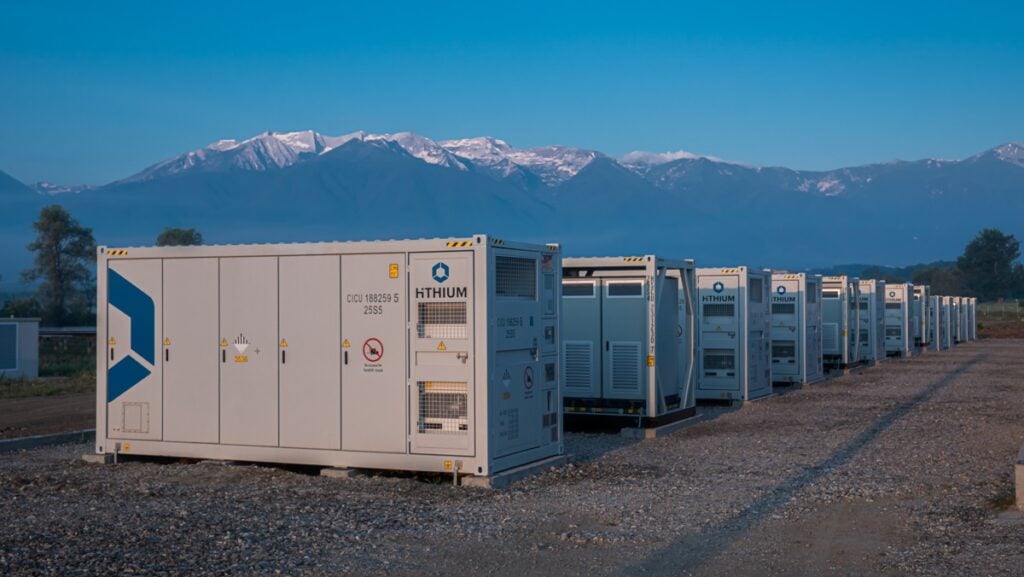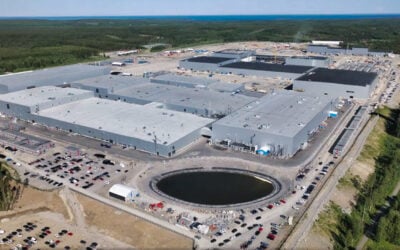
The Bulgarian Ministry of Energy has invited public comment on a new initiative to offer tenders for 3GWh of energy storage capacity to help integrate renewable energy.
In its current form, the tender consists of BGN1.2 billion (US$660 million) in grant funding. Projects cannot apply for funding to cover more than half of their costs, and cannot apply for more than around BGN371,600 per megawatt-hour of usable energy storage capacity.
“The construction of storage facilities is key to the efficient balancing and management of the power system,” said energy minister Vladimir Malinov. “The successful implementation of this procedure will guarantee the security and stability of the power system. An opportunity to integrate the electricity produced from renewable sources on the market in the country and the region will also be provided.”
The Bulgarian Ministry of Energy funding is part of the country’s Recovery and Resilience Facility (RRF), a series of projects implemented across the EU in the wake of the Covid-19 pandemic to help improve the financial and environmental sustainability of Europe’s economies.
Try Premium for just $1
- Full premium access for the first month at only $1
- Converts to an annual rate after 30 days unless cancelled
- Cancel anytime during the trial period
Premium Benefits
- Expert industry analysis and interviews
- Digital access to PV Tech Power journal
- Exclusive event discounts
Or get the full Premium subscription right away
Or continue reading this article for free
The EU initially granted Bulgaria grant funding of around US$6.6 billion (€6.2 billion), which was later lowered to around US$6.1 billion (€5.7 billion), and 57.5% of this money was earmarked for investments into Bulgaria’s green transition. Earlier this year, Greek renewable power developer Mytilineos and utility PPC Group announced plans to construct 2GW of new solar PV assets in a number of south-eastern European countries, including Bulgaria, and the national government has already used some of the EU funds to expand the country’s storage sector.
Last October, the government launched a public consultation for renewable energy generation and up to 350MW of new storage capacity, and earlier this year, the government committed US$298.2 million (BGN535.1 million) to new renewable power and storage projects in the country.





